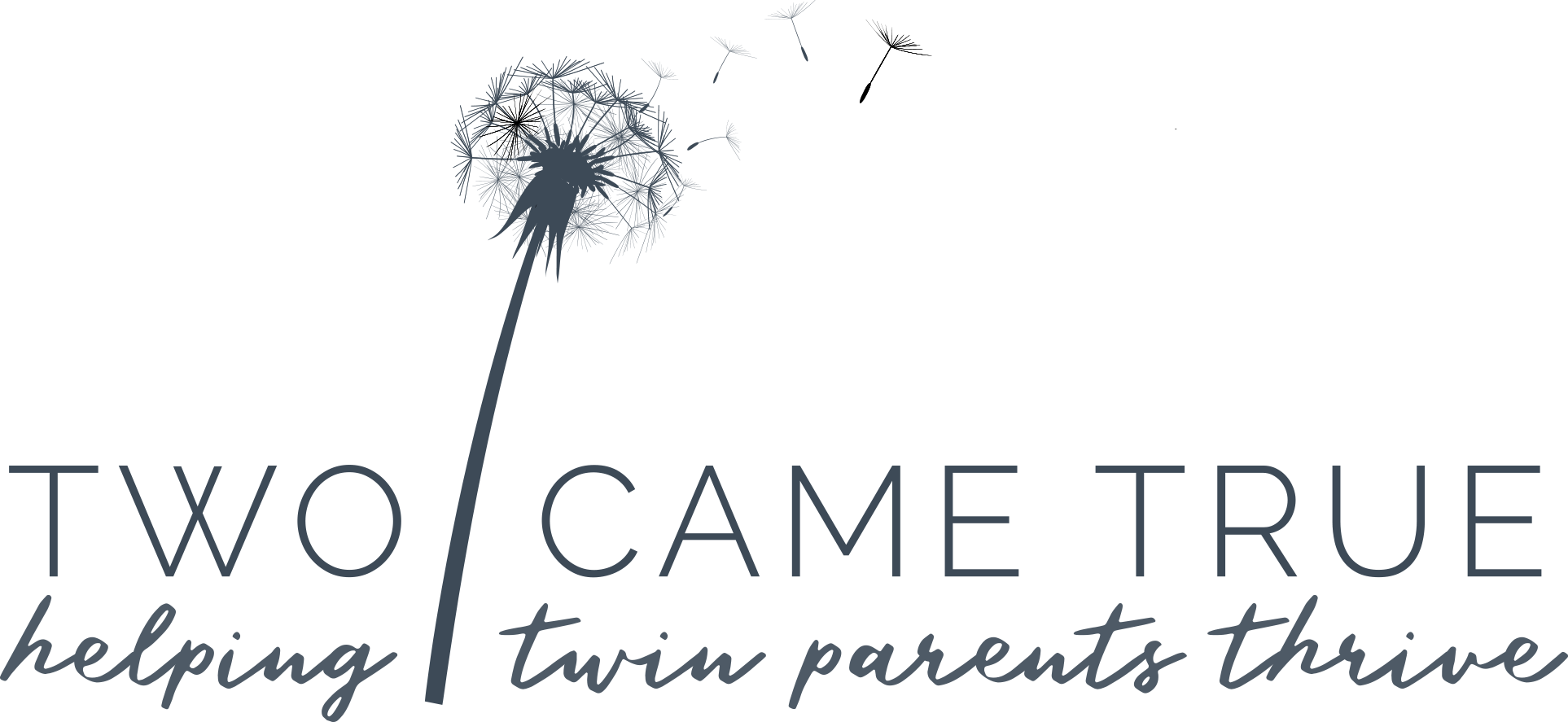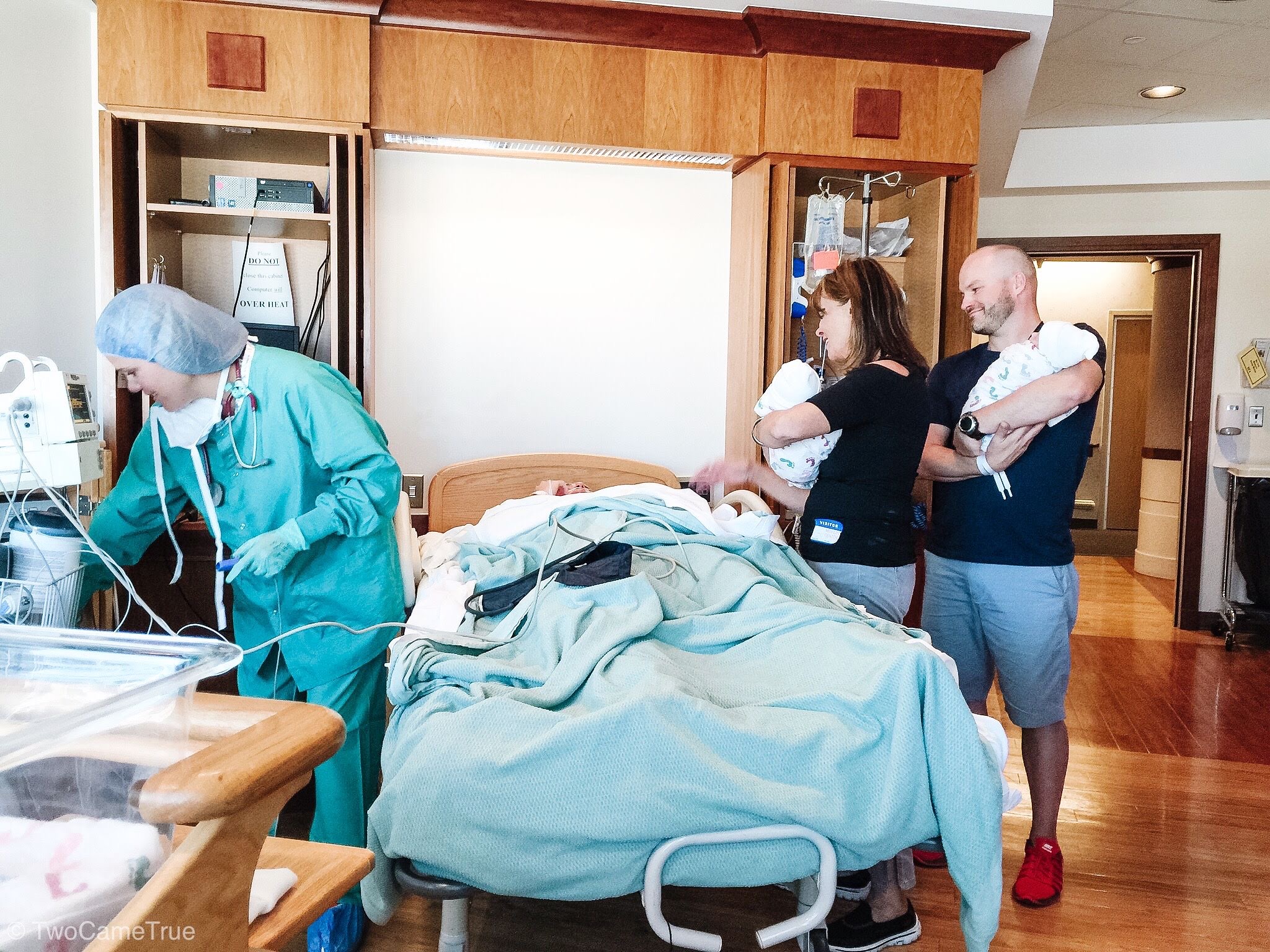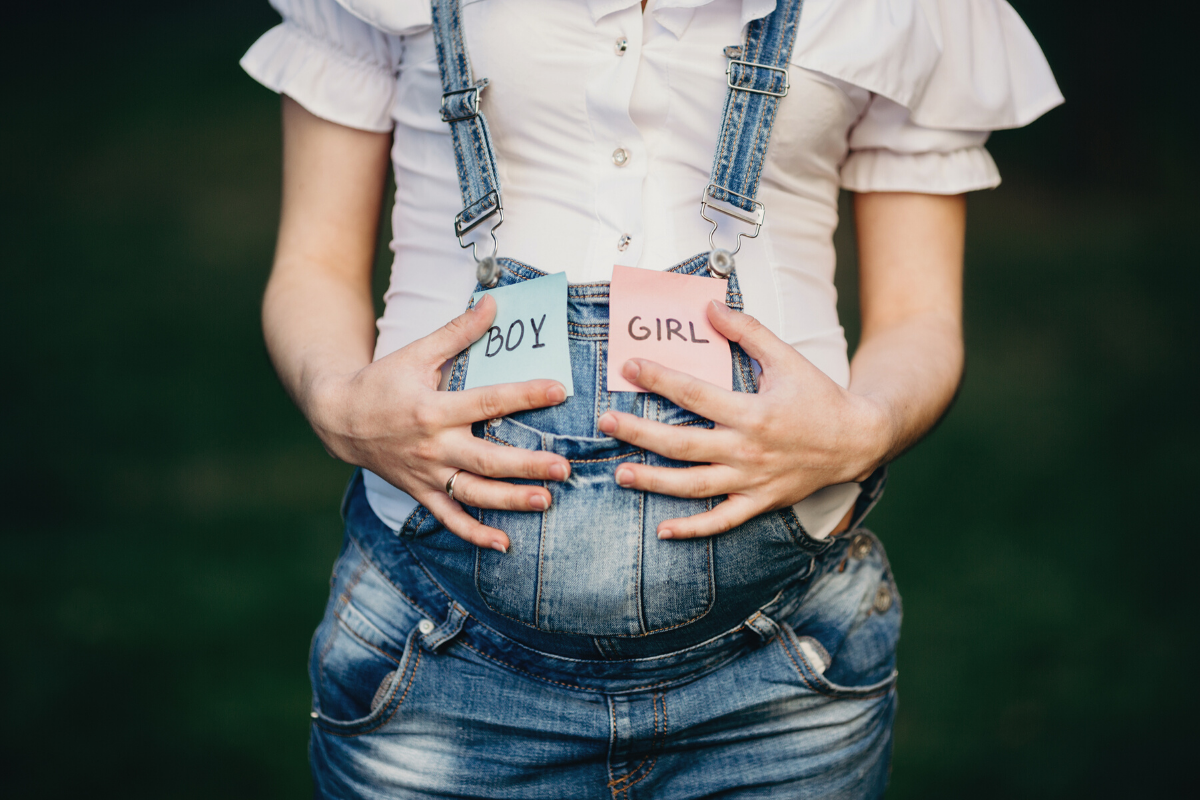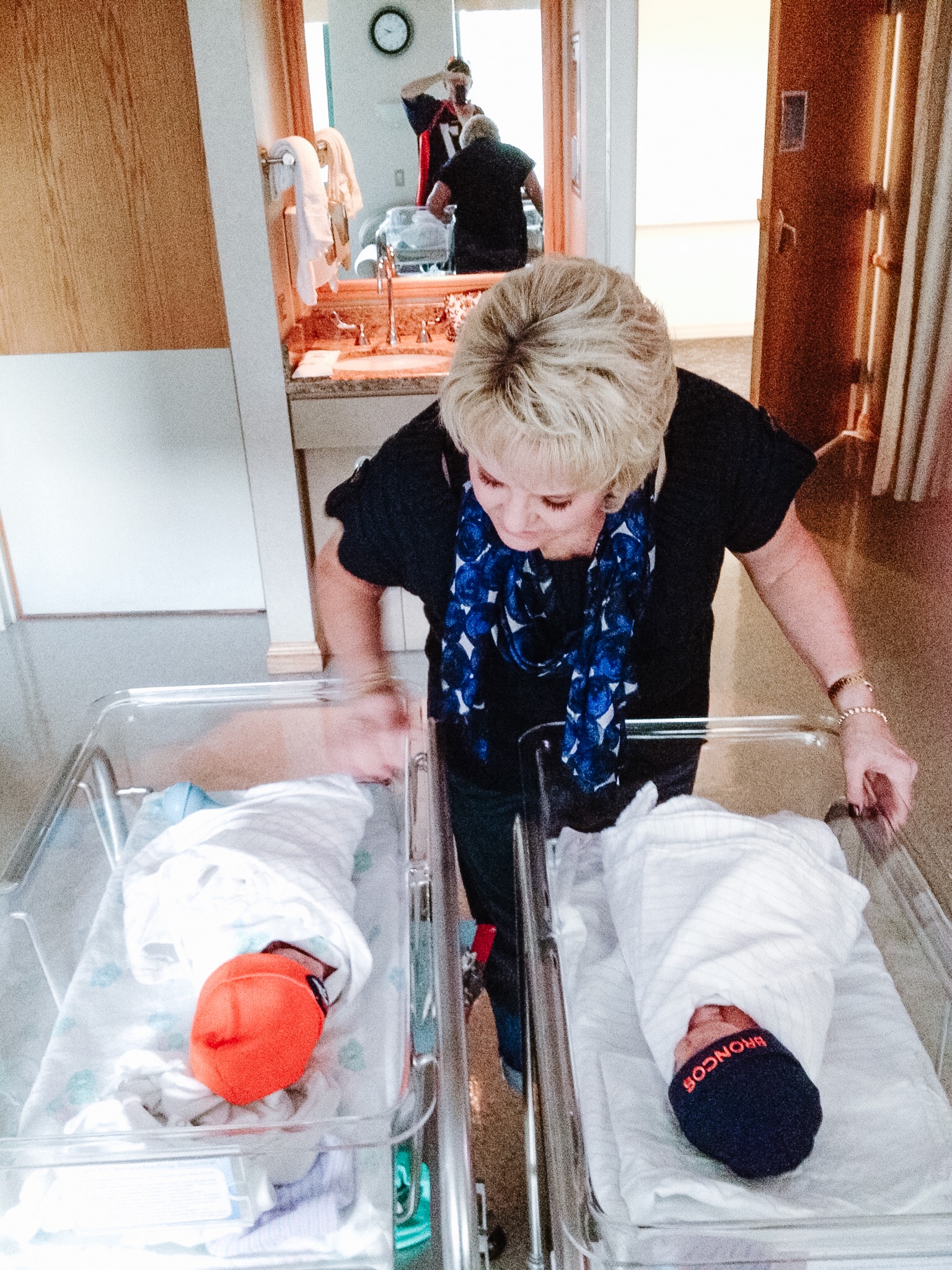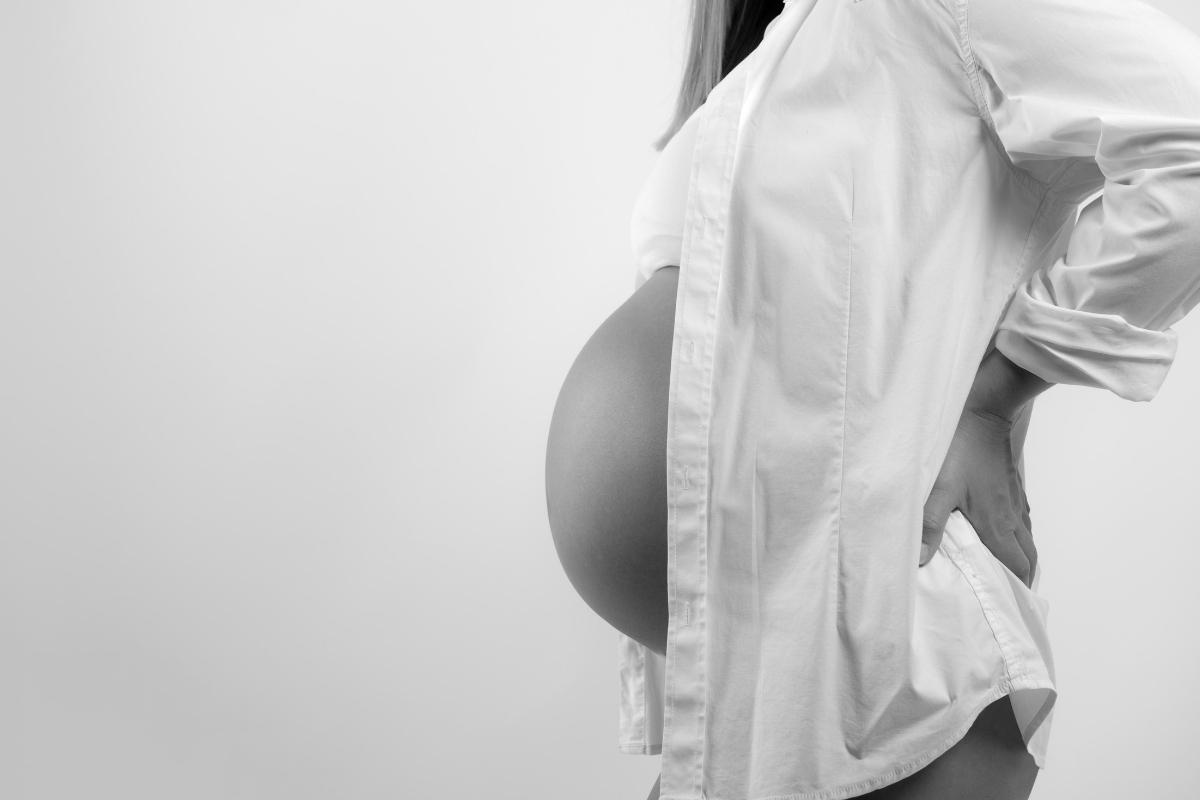“They say I should feel so much love for this baby, but I don’t feel head over heels in love.”
“Why don’t I want to hold my baby?”
“What if my baby rolls off the changing pad onto the floor?”
“I tried for so many years to get pregnant, and now I feel that I am not good enough for this baby.”

These are common thoughts that many mothers may struggle with after giving birth. Feeling less than euphoric after bringing your babies home is NOT as uncommon to as you think.
According to the American Psychological Association, 1 in 7 women show signs of depression and anxiety during and after pregnancy.
1 in 7.
Whether you are overwhelmed by postpartum depression or bouts of anxiety, it is important to acknowledge your feelings. You need to know that you aren’t as alone as you might feel.
Today, there are stigma and social expectations that we feel we should live up to as parents, the reality of parenting is quite different. Common topics that come up in conversations with friends surrounding breastfeeding, sleeping, post-pregnancy body image and how to remain connected to your partner, can leave new parents feeling stressed out! But rather than openly sharing how we are really feeling, we tend to sit quietly.

America Academy of Pediatrics states, “Perinatal depression is the most under diagnosed obstetric complication in America.”
After giving birth to twins, we both experienced major hormonal shifts. We struggled with stresses about breastfeeding, feelings of extreme anxiety and loneliness. So, while each new mom’s postpartum experiences vary from person to person, what we are here to remind you is that what your feeling is real…AND NORMAL!
3 Tips for Managing Postpartum Depression and Anxiety:
Jill Oulman, a Licensed Professional Counselor-Candidate and Nationally Certified Counselor (NCC), works with a variety of concerns with a focus on Reproductive Mental Wellness and navigating the postpartum period.
Aside from being upfront with your doctor, Oulman shares, there are 3 healthy things every new parent should do each day to help alleviate postpartum depression or anxiety.
- Get outside
- Do something for yourself at least 15 minutes a day
- Use your village
“Try to get these three things in each day. And take one day at a time,” says Oulman.
Speaking up is important. Sharing with your partner and your doctor what you are experiencing is a crucial step in recovering from childbirth and any postpartum conditions.

Don’t be afraid to accept help. It is OK to tell someone that you need a break or want someone else to hold your baby for a bit. It’s OK!
Sharing our struggles with those we trust is what connects us as human beings. As we adjust to motherhood, we need to feel that others can relate to our experiences and that we are not alone.
If ever, you don’t know where to turn, there is an entire online community of parents here who have been in your shoes. Never hesitate to reach out to us. We will help you find the right resources to get you through whatever you are experiencing!
For help or local referrals, please call the Postpartum Support International Warmline: 1-800-944-4PPD.

